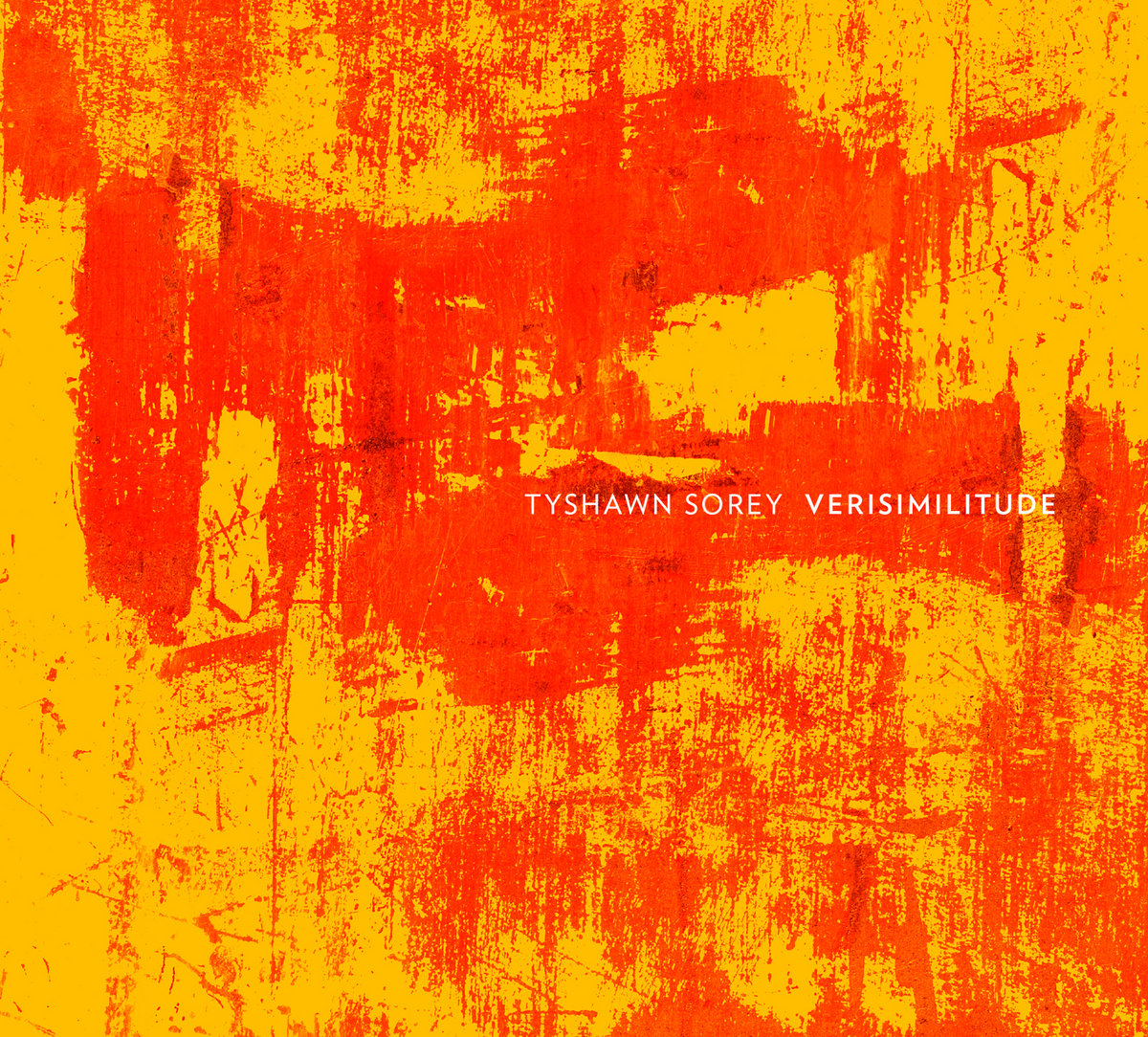
A great space for quiet explorations... also loud ones... at any rate, always a pleasure to play with Jimmy and Dan!


...any list of “best of X literature” is always going to be a better device for exclusion than for adequately representing anything but the preferences of the gatekeepers. (Aaron Brady, "Best American Poetry Pseudonyms," The New Enquiry)
...the hardbound anthology makes unavoidably visible the process of selection and exclusion--the fundamental impulse of the aesthetic. (Jeremy Lopez, Constructing the Canon of Early Modern Drama, p. 157)




Systematic reading is of little help. Following an official book list (of classics, of literary history, of censored or recommended reading, of library catalogues) may, by chance, throw up a useful name, as long as we bear in mind the motives behind the lists. But the best guides, I believe, are the reader's whims--trust in pleasure and faith in haphazardness--which sometimes lead us into a makeshift state of grace, allowing us to spin gold out of flax. (Alberto Manguel, A Reader on Reading, 2010, pp. 7-8)
:format(jpeg):mode_rgb():quality(90)/discogs-images/R-776969-1157992948.jpeg.jpg)




The experience of reading is always the experience of language, even though many readers don’t stop often enough to acknowledge this. We read artfully arranged words that in works of literature create “meaning” only relative to their arrangement, which is not the arrangement to be found in newspaper columns or political speeches. A critic should be sensitive to the particular kind of arrangement—which includes the arrangement into “form”—found in a particular work. Even leaping ahead to “story” or “setting” distorts our actual experience of the work unless we also notice the way the writer has used language to create the illusion of story and the illusion of setting. (Daniel Green, "An interview with literary critic Daniel Green about his new book, Beyond the Blurb" by Edwin Turner, 2016)